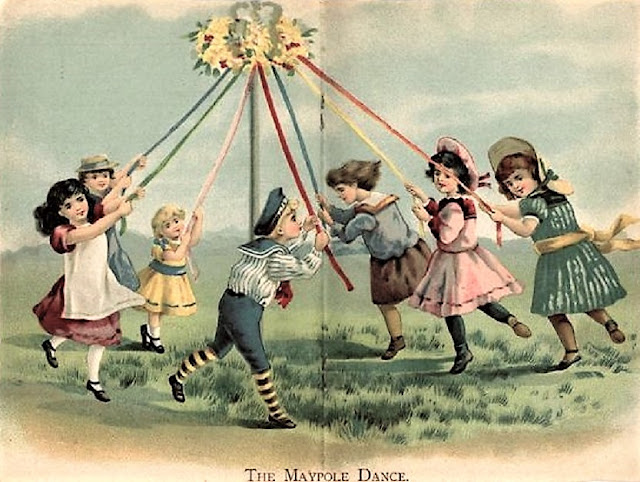Spring often means it is time for you & your pet to explore the great outdoors. But before you & your furry best friend stop & smell the spring flowers, make sure they are not toxic. If you suspect your pet has ingested or been in contact with the plants below, call Pet Poison Helpline ASAP & then contact your veterinary team to keep them updated on the situation.
See Toxic & Non-Toxic Plant List - Dogs https://www.aspca.org/pet-care/animal-poison-control/dogs-plant-list
Toxic and Non-Toxic Plant List - Cats https://www.aspca.org/pet-care/animal-poison-control/cats-plant-list
These services provide immediate expert advice, and include consultation with your veterinarian if needed. Follow-up of the case is also included, if needed.
Animal Poison Control Center (ASPCA): 888-426-4435
Pet Poison Helpline: 855-764-7661

%20Landscape%20in%20Spring%20Detai.jpg)







%20The%20Four%20Seasons%20-%20%20Spring%20(2).jpg)
.jpg)
%201855%20-%201906%20Apple%20Blossoms.jpg)
.jpg)
.jpg)

..jpg)
%201850%20-%201913%20Spring%20Crocus%20Fields%2019=889.jpg)
.jpg)




%201872%20-%201945.jpg)



+Spring.jpg)

%201861%20-%201907.jpg)








%2C%2B%2BSpring.jpg)
+May+Day+Scene.jpg)

+Raising+the+Maypole+(2).jpg)








